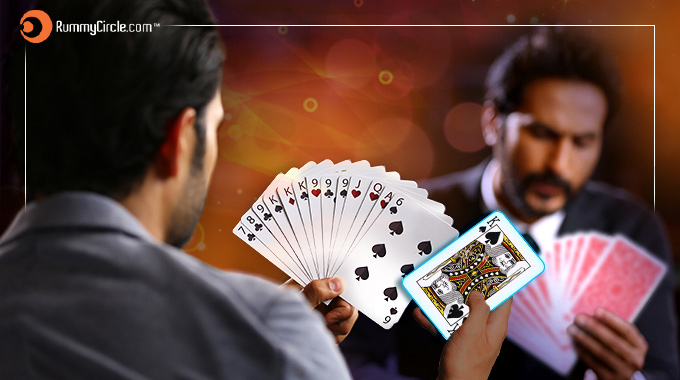Folding may seem like a passive move in the high-stakes world of poker, but knowing when to relinquish your hand is a crucial skill that separates amateurs from seasoned veterans. While the thrill of a winning hand is undeniable, understanding when to walk away can significantly improve your gameplay and protect your chip stack.
Before you send your cards on a one-way trip to the muck, consider these key factors:
Hand Strength:This might seem obvious, but accurately assessing your hand’s potential against the community cards (flop, turn, and river) is paramount. A seemingly strong starting hand can quickly become weak if the flop doesn’t connect. Conversely, an unassuming pair might transform into a winning set with the right cards revealed. Carefully analyze your hand’s power in relation to the board and your opponent’s potential holdings.
Opponent Reading:A skilled poker player is constantly gauging their opponents’ tendencies. Are they aggressive bettors, or do they only raise with strong hands?This information is invaluable when deciding whether to fold. If you’re up against a loose player who frequently bluffs, you might be more inclined to call a bet with a marginal hand. However, a tight player who rarely bluffs should inspire caution, especially if they’re betting heavily.
Pot Odds and Implied Odds:Pot odds refer to the ratio between the size of the pot and the amount you need to call a bet. If the pot is significantly larger than the call amount, even a weak hand might be worth pursuing, especially if you suspect your opponent is bluffing. Implied odds go a step further, considering the potential winnings you might achieve if you hit your draw (e. g. , completing a flush or straight). For instance, calling a bet to chase a flush might be a good move if the pot stands to grow considerably once you complete it.
Tournament Pressure:Tournament play presents unique considerations. As the bubble (the point where players just miss out on the money) approaches, the pressure to survive can influence your decisions. Tightening up your play and prioritizing fold calls over speculative plays can be a wise strategy during this crucial phase. However, don’t become overly conservative and miss out on opportunities to accumulate chips.
Stack Sizes:The size of your stack and your opponent’s stack significantly impact your folding decisions. If you’re short-stacked (have a low number of chips), you might be forced to call bets with weaker hands simply to stay in the game. Conversely, a healthy stack affords you the luxury of folding more frequently, protecting your chips while waiting for stronger hands.
Mastering the art of the fold takes time, experience, and a keen understanding of poker fundamentals. By carefully considering these factors, you’ll transform folding from a passive act into a strategic weapon, propelling you towards poker mastery.





